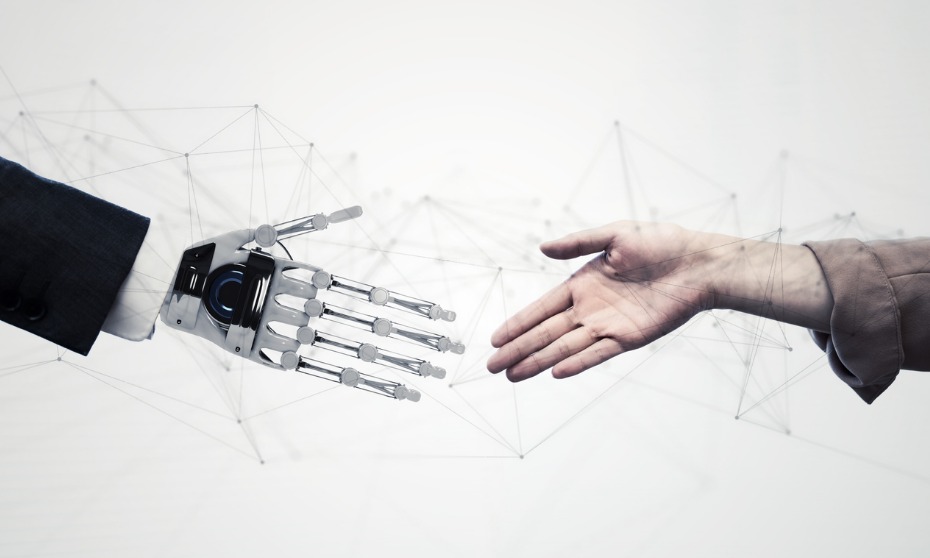
Are people still afraid AI will take over their jobs? A new study finds there’s more to it

Over eight in 10 Singaporeans place more trust in robots than their managers, based on a new study.
Contrary to common fears around how artificial intelligence (AI) will impact jobs, many are welcoming technology with optimism.
This suggests a shift in the relationship between people and technology at work as AI becomes increasingly present in workplaces globally.
More than half (56%) of employees in Singapore said they’re currently using some form of AI at work, according an annual study by Oracle and Future Workplace. The figure is higher than the global rate of 50%.
The increasing adoption of AI at work is having a significant impact on the way employees interact with their managers. There’s a resulting shift in the traditional roles of both HR and the manager.
Research found that 84% of Singaporeans would trust a robot more than their manager. This comes in second only to workers in India (90%) and China (88%).
When asked what robots can do better than their managers, employees said robots are better at:
On the flipside, employees did state that human managers are better at understanding their feelings (49%), coaching them (38%) and creating a work culture (36%).
In addition, while 40% of employees would trust AI on what work to do and what to learn, majority 79% believe AI is incapable of handling recruitment.
Also, half of professionals (51%) said in the workplace, relationships with employees were the most positively impacted by AI, followed by relationships with managers (37%).
READ MORE: How can HR stay relevant in disruptive times?
Does this mean the role of human managers will be obsolete anytime soon? Dan Schawbel, research director at Future Workplace told HRD that as all things, it’s up to leaders to keep themselves relevant in the rapidly changing work environment.
“Over the past two years we’ve found that workers have become more optimistic as they’ve adopted AI in the workplace and HR is leading the way,” Schawbel said.
“The 2019 study shows that AI is redefining not only the relationship between worker and manager, but also the role of a manager in an AI-driven workplace.
“Based on the findings, managers will remain relevant in the future if they focus on being human and using their soft skills, while leaving the technical skills and routine tasks to robots.”